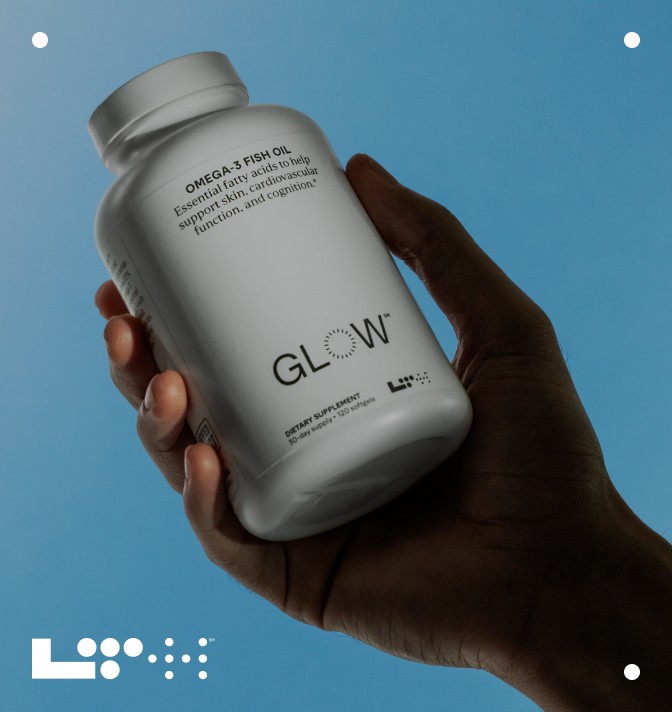Occasional stressors like brain fog or anxiety can make it tempting to reach for over-the-counter drugs, but some mental health experts recommend trying nutritional supplements and remedies first. Here are a few remedies that can help.
To treat general sluggishness, functional nutritionist Jesse Haas, CNS, LN, focuses on stabilizing blood sugar by reducing caffeine and sugar. Psychiatrist Drew Ramsey, MD, author of Eat to Beat Depression and Anxiety, encourages clients to go gluten-free: He says gluten isn’t a root cause of depression for most people, but that people with gluten and other food sensitivities may experience fatigue, headaches, joint aches, and mood changes when they eat those foods.
Integrative psychiatrist Henry Emmons, MD maintains that nutrient status must be part of the equation when addressing low energy. “I always think in terms of systems,” he explains.
Emmons suggests these supplements:
- Coenzyme Q10 supports energy production at the cellular level, in part by supporting mitochondria. Individuals with chronic fatigue syndrome typically have low levels of CoQ10, but supplementing can benefit energy levels for everyone.
- Lithium orotate is a milder version of prescription lithium (which is lithium carbonate). Emmons suggests that it can be a good choice if fatigue is accompanied by a low mood. (For more on this, see “Can Lithium Orotate Be Used for Everyday Mood Support?“)
Learn More
Explore our collection of mental health articles to find more information that can assist you in supporting your overall well-being.
This was excerpted from “8 Key Supplements to Boost Your Mental Health — Naturally,” which was published in Experience Life.






This Post Has 0 Comments